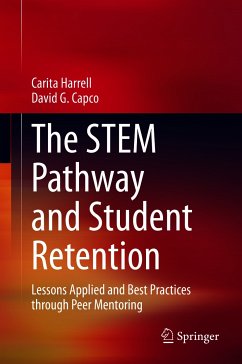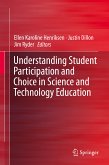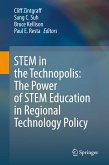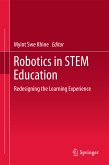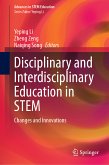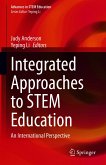This work introduces methods that aid in freshman retention (in the transition from high school and to remain in the university of origin) and orient them towards a successful career in science. Specific examples of successful approaches are given as well as detailed plans for how to engage these students. Pitfalls as well as success are described. In addition this work provides a detailed description of how to develop the students into a cohort that exhibits comradery. Three types of cohort form, those within the freshman class, those among the upperclassmen and those between the freshmen and upperclassmen. The program works because the social reality is that the peer mentor has a better repertoire with the first semester freshmen than the faculty or staff and assists with student success. Factors such as financial aid, policy, and support systems influence student success. In the sciences, students often struggle with the content and adjusting to the college experience. Research states that a mentorship program supports retention as well as enhances the student experience during college. This program creates a cohort group among the upperclassmen mentors and freshmen and provides leadership development for all involved.
Dieser Download kann aus rechtlichen Gründen nur mit Rechnungsadresse in A, B, BG, CY, CZ, D, DK, EW, E, FIN, F, GR, HR, H, IRL, I, LT, L, LR, M, NL, PL, P, R, S, SLO, SK ausgeliefert werden.

